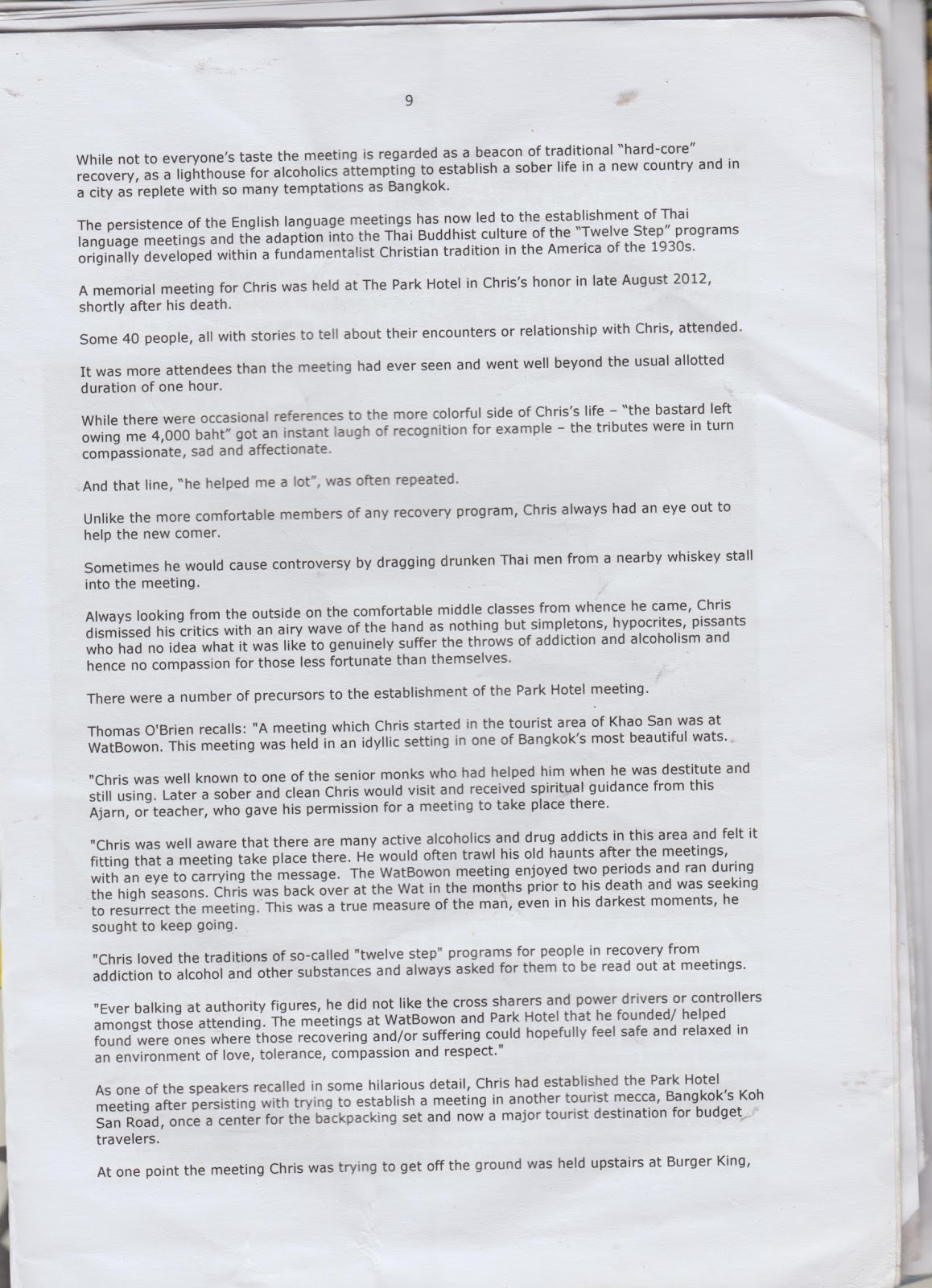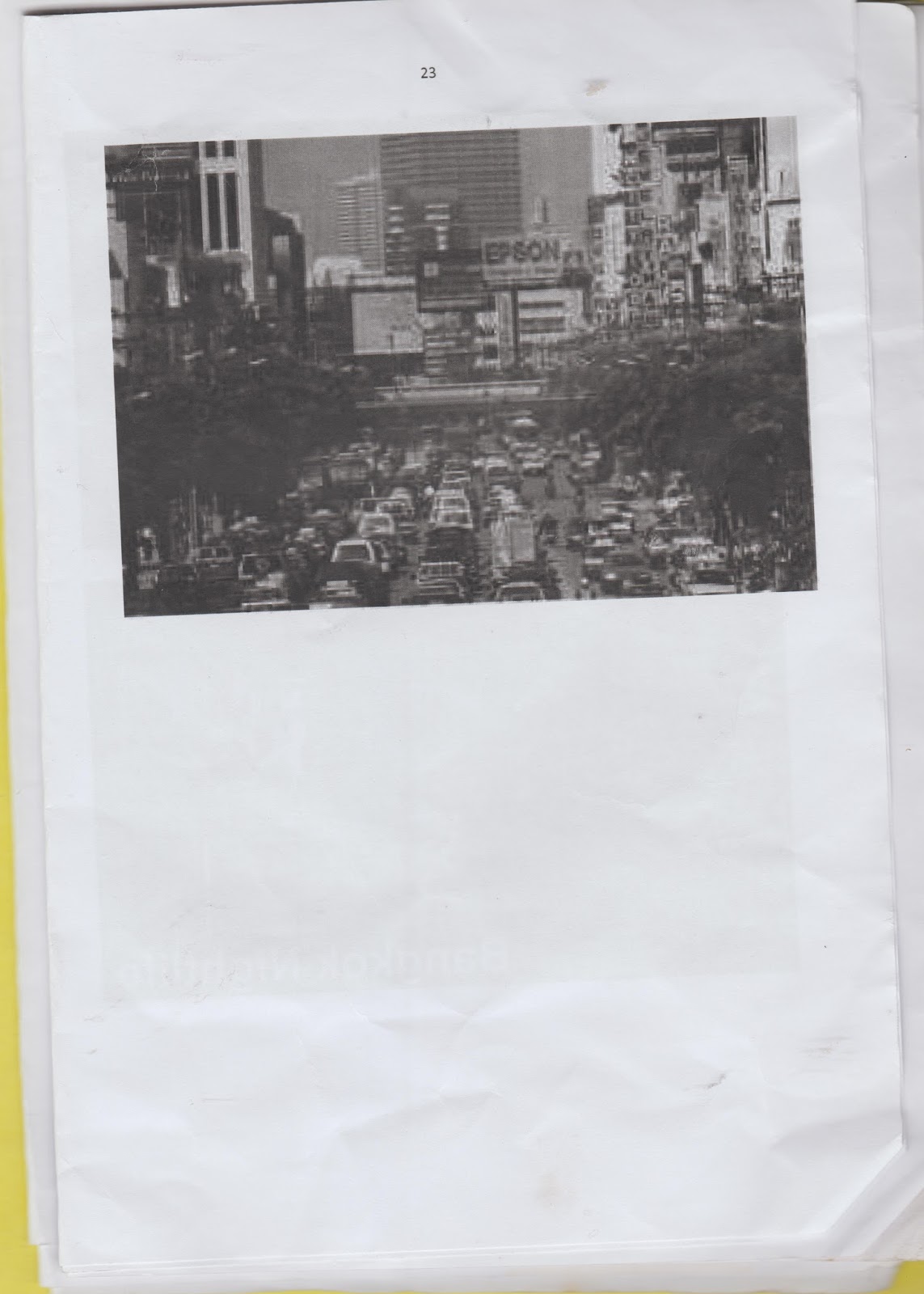This piece, about the treatment of science writer Leigh Dayton on the national broadsheet The Australian, was originally written as part of Terror in Australia: Worker's Paradise Lost.
It did not fit into the final shape of the book, and so is reproduced separately here:
If there was one incident that illustrated the appalling editorship of The Australian's Editor-in-Chief Chris Mitchell more than any other, as if Elisabeth Wynhausen hadn’t been enough, it was his treatment of Australia’s most respected science journalist Leigh Dayton.
The falling out issue was climate change.
Alex, rather unfashionably, tended to fall in the climate sceptic camp.
He had read a couple of climate sceptic books; and they seemed perfectly plausible to him. It was obvious enough that some of the most intelligent people on Earth, academics that had spent their entire lives studying esoteric things like sea level rises or falls, doubted the “science” of climate change.
Never stand between an academic and a grant had been his experience, and the [not vast!] amount of money involved made him instantly suspicious. As well, the ceaseless hyperbole coming from the Greens, from the United Nations and from the Labor Party, the anti-development ultra-green environmentalism that had consumed the party of the workers, also made him doubt.
There was that French Philosopher who said if most people believe something, it is unlikely to be true.
But Leigh was of a different mind.
Having spent years reading the research papers she was convinced of the science, and regarded it as a professional imperative to disseminate the information accurately.
Alex and she had been friends on the news floor for many years.
They didn’t agree on all the dot points, gender and family law being one of them, but they were always in total agreement on the idiocy of The Australian’s editorial hierarchy.
Surprised after he left work that he missed the place, the routines and the company of fellow sufferers, Leigh was one of those he missed. An intensely principled person and a fabulous conversationalist, she was a hard working scribe largely wasted on the paper’s unappreciative editors and tiny readership.
The relationship between the two was once based on mutual respect. They disagreed about climate science when she went in to discussing working on the paper, but Mitchell offered her a job and she accepted. Her stories and his editorials didn’t agree but existed in separate corners of the paper.
But things began unraveling after Mitchell changed the editorial approach of the paper in the wake of the Global Financial Crisis and the escalating loss of revenue to online advertising. The readers he wanted owned resources companies or supported the industry. Straight stories about climate change science became unwelcome entries on the morning news list.
Then Mitchell, probably knowing Leigh would not cooperate, ordered another journalist to write a major weekend feature, lauding a prominent climate change denier Ian Plimer and his new book Heaven and Earth. Plimer was a professor of Mining Geology at the University of Adelaide University and mining company board member. With the country in a kind of climate change fever, every second story in The Australian seemed to begin with a reference to it. He was one of only a scattering of quotable academics running against the tide.
Plimer’s claim was that global warming was a “scam”, and he had been influential in opening up the debate in Australia. His fans had included two Prime Ministers, Tony Abbott and John Howard. Of his opponents on the other side of the debate Plimer wrote in Heaven and Earth: "Trying to deal with these misrepresentations is somewhat like trying to argue with creationists who misquote, concoct evidence, quote out of context, ignore contrary evidence, and create evidence ex nihilo."
Alex had interviewed Plimer on a number of occasions; he was a very pleasant man, at least on the telephone, seemingly highly qualified, happy to give ‘good quote’, as the saying went, about all a journalist in a rush really needs.
Anyway, after the positive feature, Leigh was furious. After mulling it over, she wrote a column highlighting Plimer’s principled fight against Creation Science, but pointing out the major flaws in his climate stance. She also helped organise a book review by a scientist who shredded Plimer’s case.
As a result, Mitchell sent her to Coventry, took her off the science round and had her editing the health pages; an almost entirely unread – but remarkably profitable -- area of the paper buried behind the classifieds in the back pages of the Saturday edition.
Leigh had a hefty inner-city mortgage which meant she couldn’t leave the paper, as much as she wanted to.
Leigh’s work ethic and professionalism meant she kept showing up for work and doing the job allocated to her, no matter how demeaning for a woman of her high standing in the profession, no matter how great her anger, no matter how thankless the work.
Who did he think he was, treating the country’s best science writer like a scolded child? Or worse.
After all, this was the same man who agreed with the paper’s editor, Paul Whittaker, that she should be told to write a story claiming Stephen Hawking -- one of the greatest minds in history -- was a scientific fraud. Thinking it was a joke, Leigh laughed. She then offered another approach which was rejected.
The solution to dealing with an experienced journalist who feels morally and intellectually bound to one side of a debate and feels professionally compelled to tell the truth as they perceive it is simple.
You run one side, and you run the other.
Journalism is all about controversy.
Print everything.
The truth will out.
Let the idiots wither in the light.
Let the punters decide for themselves.
It would have been a perfectly simple matter to have given Leigh her head, and to have published countervailing views. If nothing else, that style of editing stirs up the letter writers, provokes controversies, and in the determined passions of debate, increases circulation.
Not on The Australian.
Coventry it was, for the country’s most respected science journalist.




































